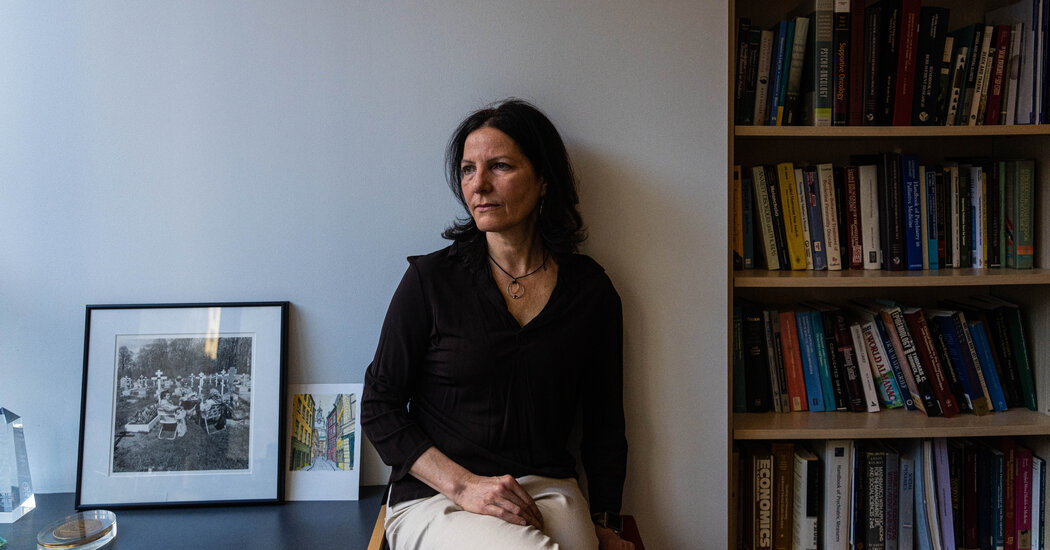
She noticed something odd: In many cases, patients were responding well to antidepressant medications, but their grief, as measured by a standard inventory of questions, was unaffected, remaining stubbornly high. When she pointed this out to psychiatrists on the team, they showed little interest.
“Grief is normal,” she recalls being told. “We’re psychiatrists, and we don’t worry about grief. We worry about depression and anxiety.” Her response was, “Well, how do you know that’s not a problem?”
Dr. Prigerson set about gathering data. Many symptoms of intense grief, like “yearning and pining and craving,” were distinct from depression, she concluded, and predicted bad outcomes like high blood pressure and suicidal ideation.
Her research showed that for most people, symptoms of grief peaked in the six months after the death. A group of outliers — she estimates it at 4 percent of bereaved individuals — remained “stuck and miserable,” she said, and would continue to struggle with mood, functioning and sleep over the long term.
“You’re not getting another soul mate and you’re kind of eking out your days,” she said.
In 2010, when the American Psychiatric Association proposed expanding the definition of depression to include grieving people, it provoked a backlash, feeding into a broader critique that mental health professionals were overdiagnosing and overmedicating patients.
“You’ve got to understand that clinicians want diagnoses so they can categorize people coming through the door and get reimbursement,” said Jerome C. Wakefield, a professor of social work at New York University. “That is a huge pressure on the D.S.M.”
Still, researchers kept working on grief, increasingly viewing it as distinct from depression and more closely related to stress disorders, like post-traumatic stress disorder. Among them was Dr. M. Katherine Shear, a psychiatry professor at Columbia University, who developed a 16-week program of psychotherapy that draws heavily on exposure techniques used for victims of trauma.




